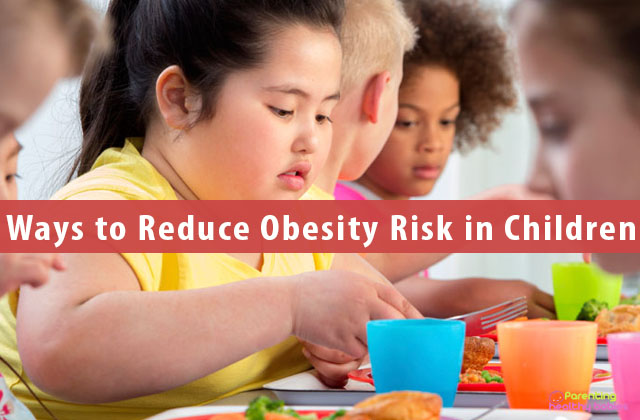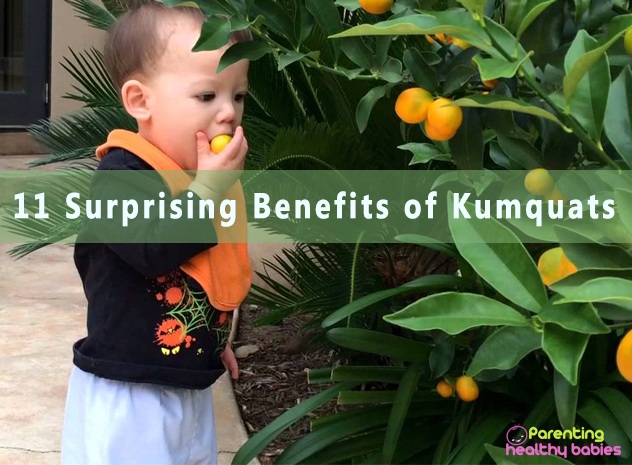Breastfeeding is essential, it is important and in the first six months, it is advisable only to give mother’s milk. Semi-solids can be given after six months. The World Health Organization recommends breastfeeding to be continued till one and a half to two years of age, in addition to the supplementary feeds. But, breastfeeding longer than two years can sometimes lead to tooth decay. What important is oral hygiene. After every feed, the baby’s mouth and teeth should be cleaned, especially after one year of age. In the first few months, it is not required to clean the teeth and tongue, as breast milk itself has self-cleaning properties.
But later on, as the baby starts taking feeds especially sugary foods and puts other things in the mouth, and then it is important to clean the mouth and teeth. Initially, maybe with a soft washcloth and warm water and by the time a baby is about one year to fifteen months, a junior size toothbrush can be introduced or a finger brush can be used. By eighteen months, it is Ok to start using a pea size amount of pediatric toothpaste as it is safe even if it is swallowed and it is usually fluoride free. It is recommended that breastfeeding is stopped at two years as some children develop breast milk addiction and refuse to eat. This interferes with growth and yes tooth decay can be caused by this.
Is Breastfeeding Linked to Tooth Decay
What study says?
But according to a recent study from researchers at the University of California in San Francisco, breastfeeding an infant for more than 2 years can make tooth decay more likely to occur in their baby teeth.
The study surveyed 458 infants from low-income families in Brazil for over a year at 6, 12 and 38 months old, asking about their diet, including the consumption of breast milk. Results show that 40 percent of the babies that breastfed between 6 and 24 months showed some tooth decay and for the subjects that breastfed longer than two years that number went up to 48 percent.
But the researchers say that breast milk itself isn’t the primary cause of tooth decay. It could be refined sugars from other food, or the physical act of bottle feeding, which causes bacteria fighting saliva to have limited circulation in the infant’s mouth.
Another study recently came out in the UK that said breastfeeding for too long so past the age of two could create some serious tooth decay in children. It was done among a population of low socio-economic families and they were general tooth decay in the children who were both breastfed and bottled.
Read More: 11 Natural Remedies to Treat Abscessed Tooth in Child
Why tooth decay occurs?
-
Sugary treats:
Dental cavities were highest among children regardless of how they were fed. When children’s teeth were not brushed by the age of one-year-old or if they were given sugary treats more than three times a day, if they were given fizzy juice or fruit juice and a bottle instead of a cap or they were given fizzy or fruit juice fairly regularly and it wasn’t diluted.
-
Streptococcus mutans entering a baby’s mouth:
Streptococcus mutans is a bacteria present in the mouth. Infection through this bacterium can occur through kisses and sharing spoons. Always use a clean spoon and maintain your oral health too.
Read More: Baby Bottle Tooth Decay- Causes, Prevention and Treatment
Does sugar in the breast milk causes tooth decay?
Breast milk does have lactose in it which is a milk sugar. But it isn’t sitting in the mouth pool anywhere near the teeth, it’s going straight on the throat. The milk does drip even when the baby is not actively sucking, even if the baby is just playing. In fact, breast milk has anti-bacterial properties and enzymes and in the laboratory study, milk has been shown to mineralize, artificial demineralized enamel. In alternative words, acting like a tooth repair process by depositing calcium and phosphorus in the enamel.
Read More: Cavities in Baby Teeth: Ultimate Guide – Causes, Symptoms, Treatment
Conclusion:
Some tips to maintain the oral health of the baby:
- Clean the baby’s gums and tongue after feeding with a clean wet baby washcloth. Wrap the damp washcloth around your index finger and gently wipe the baby’s gums from back to front. This helps your baby get used to putting your hands in their mouth to provide oral care. This will make it easier when they have their first dental visit at 1 year of age. It will also help to start a daily oral hygiene routine that will be essential as soon as the first teeth appear.
- Establishing good habits early is the key to developing lasting healthy behaviors now. Brush your toddler’s teeth; you’ll need a toddler size toothbrush that has soft bristles. There are brushes designed for children of all ages. Watching an adult brush their teeth reinforces positive behavior for your child.
- You have to brush (use finger brush for toddlers) your child’s teeth at least twice a day. You have to brush once in the morning after they’ve eaten breakfast and once at night. The total time for each brushing is two minutes, the night time being most important because whatever he or she has eaten during the day is going to stick on those teeth. So ensure that you’re brushing that off right before they go to bed.
- Breastfeeding is a natural way to feed your baby. If you are weaning, do not put your baby to bed with a bottle or nipple inside the mouth. Children should be taught healthy ways to settle down to sleep. Try music box or rock a baby to sleep. If using a pacifier, do not dip it in honey or sugar.
- Dental visits should start around the first birthday. You should be taking your child to the dentist by the age of one, to ensure proper oral hygiene. As soon as you see teeth, begin to clean them, wipe teeth with a clean washcloth. Switch to a baby brush when you see four to six teeth.
Read More: Are Baby Teeth as Important as Adult Teeth?













